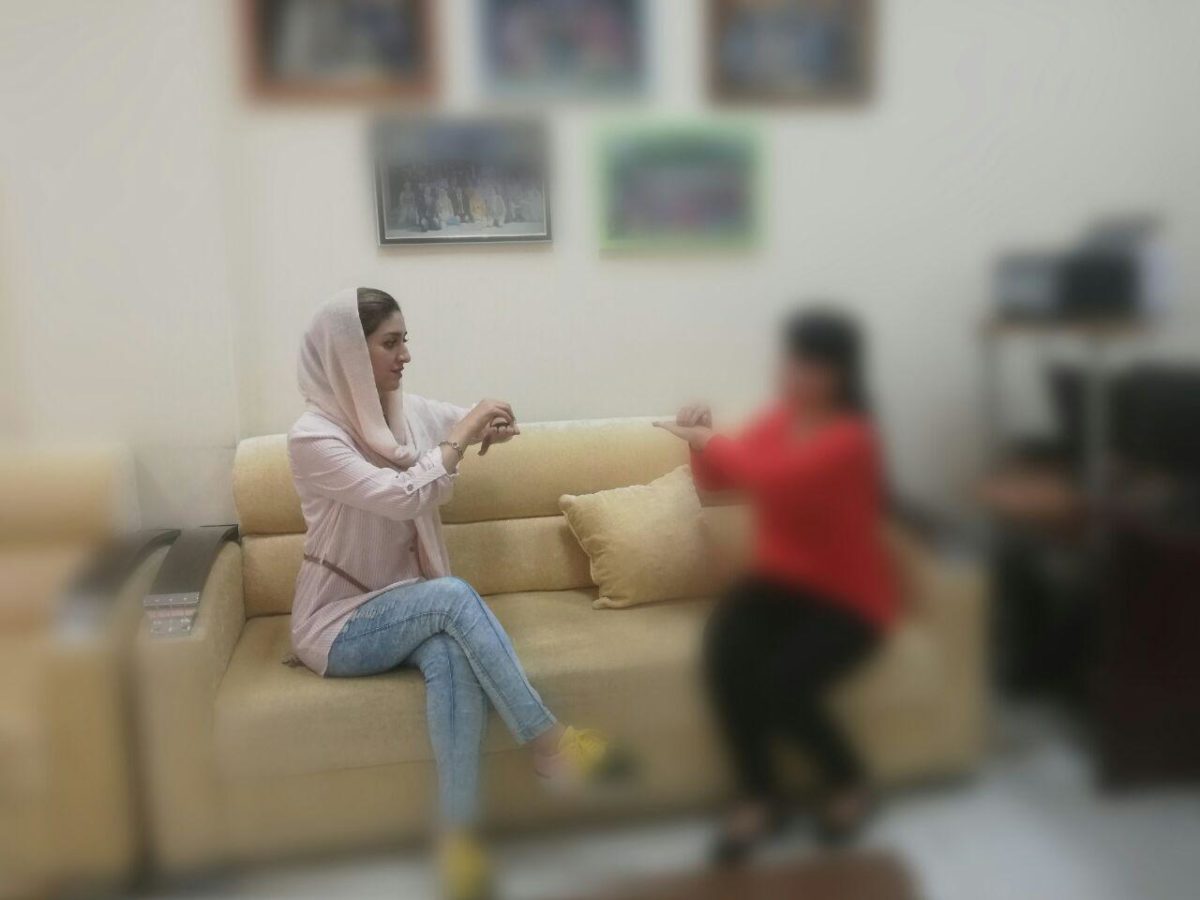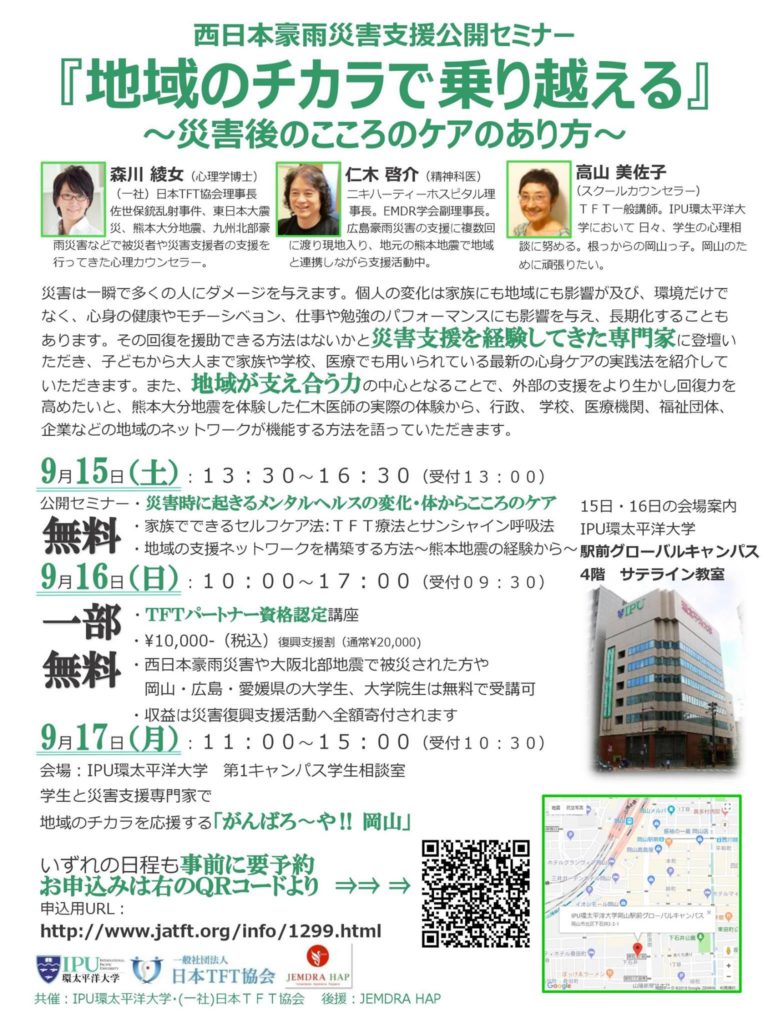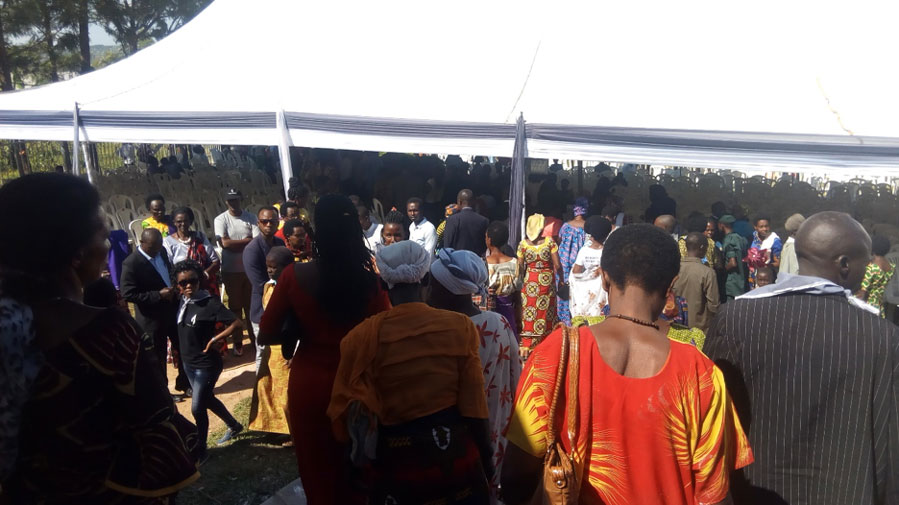Dr. Pegah Seidi, presenting a talk on (Northern Iraq).
Dr. Pegah Seidi, a lecturer and researcher at Garmian University in Kurdistan, began using TFT in 2018 after taking an online training in TFT provided by Suzanne Connolly. Dr. Seidi practiced TFT on relatives and friends and recently wrote” So, I’m already writing a case study with one of my colleagues in the UNC, where I have put my experiences of more than five years of using CBT, and the benefits of TFT as a better intervention for societies experienced war and political conflicts and low-income societies.” Dr. Seidi added, “I use TFT almost every day for my clients and students, and more and more people are asking me about this method every day.” Continue reading “TFT in Kurdistan”





 The first, a meta-analysis and systematic review, reviewed 36 psycho-social interventions for treating disaster trauma in children and adolescents. This review included a research study by Sakai, Connolly and Oas (2010) treating PTSD in child genocide survivors in Rwanda using Thought Field Therapy. Of the different interventions, the TFT study reported the largest pre- to post-treatment effect size. It was published in
The first, a meta-analysis and systematic review, reviewed 36 psycho-social interventions for treating disaster trauma in children and adolescents. This review included a research study by Sakai, Connolly and Oas (2010) treating PTSD in child genocide survivors in Rwanda using Thought Field Therapy. Of the different interventions, the TFT study reported the largest pre- to post-treatment effect size. It was published in